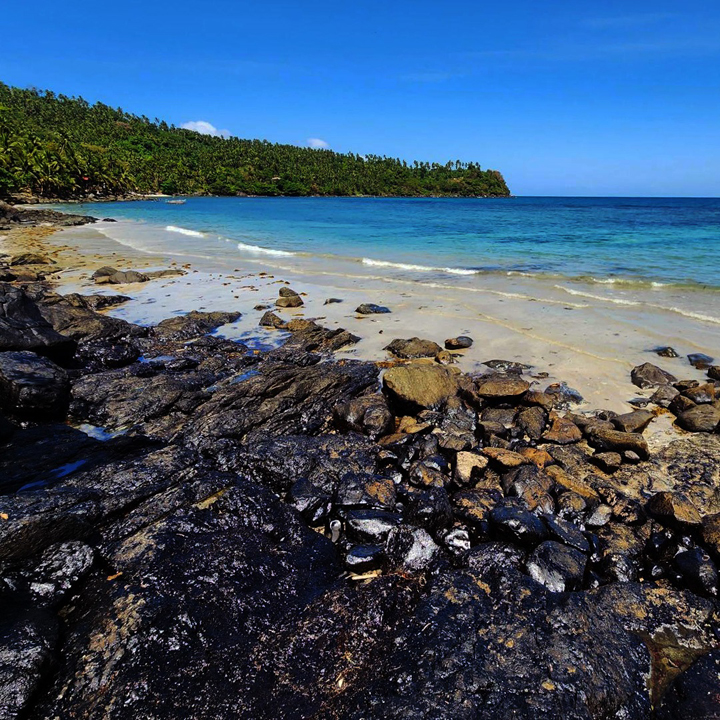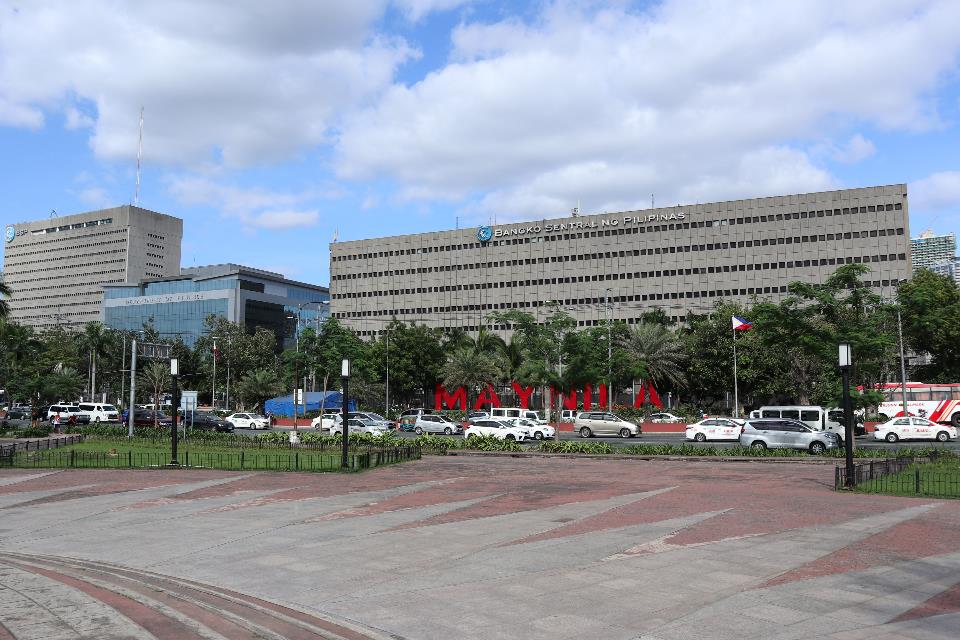The owner of MT Princess Empress that sank off Naujan, Oriental Mindoro on February 28, 2023, may be facing a slew of criminal, administrative, and possibly civil charges for the massive oil spill that continues to threaten coastal communities in Palawan and Antique and now Batangas.
According to the international nongovernment organization Oceana, the Philippine Coast Guard (PCG), as an attached agency of the Department of Transportation and Communication, is mandated to develop oil spill response, containment, and recovery capabilities, enforce laws, and promulgate and administer rules and regulations for the protection of marine environment and resources from offshore sources of pollution within the maritime jurisdiction of the Philippines.
However, the Department of Environment and Natural Resources (DENR) is mandated to enforce environmental laws, including Republic Act 9275 or the Clean Water Act.
Sought for a legal opinion, Oceana’s vice president Gloria Estenzo-Ramos created a team of legal and environmental experts to respond to queries such as which environmental laws may apply in going after the parties behind the Oriental Mindoro oil spill.
Clean Water Act applies to oil spills
According to Oceana, Clean Water Act also applies to oil spills. “There is nothing in the law which limits its application to effluent discharges. It bears stressing that the law aims to protect and preserve the quality of the country’s water resources, including its marine environment, by regulating the discharge of pollutants, including oil, into bodies of water,” Ramos said.
Ramos added discharge, as defined by law, includes the act of spilling, leaking, pumping, pouring, emitting, emptying, releasing or dumping of any material, including oil, into coastal and marine waters without a permit is prohibited.
“In case of an oil spill incident, the responsible party is required to immediately notify the appropriate government agency, which includes the Philippine Coast Guard, and take all necessary measures to contain and clean up the spill,” she said.
Moreover, Ramos said under Section 16, any person who causes pollution in or pollutes water bodies, at his own expense, shall undertake cleanup operations to remove pollutants discharged or spilled into the water body and its surrounding areas and shall restore the affected areas to their original state or condition.
In the event emergency cleanup operations are necessary and the polluter fails to immediately undertake the same, the DENR, in coordination with other government agencies concerned, including the PCG, shall conduct containment, removal, and cleanup operations.
However, expenses incurred in said operations shall be reimbursed by the persons found to have caused such pollution.
“Reimbursements of the cost incurred shall be made to the Water Quality Management Fund or to such other funds where said disbursements were sourced,” said Oceana. To further reinforce the point that the Clean Water Act applies, Section 28 of the same law defines the penalties for oil spill incidents and other violations relating to Presidential Decree 979 (Marine Pollution Decree). It states: For violations falling under Section 4 of Presidential Decree No.979 or any regulations prescribed in pursuance thereof, such person shall be liable for a fine of not less than P50,000 or more P1,000,000.00 or by imprisonment of not less than one year nor more than six years or both, for each offense, without prejudice to the civil liability of the offender in accordance with existing laws.
Meanwhile, if the offender is a juridical entity, then its officers, directors, agents or any person primarily responsible shall be held liable: Provided, that any vessel from which oil or other harmful substances are discharged in violation of Sec. 4 of Presidential Decree No.979 shall be liable for a penalty of the fine specified by the law.
“Clearance of such vessel from the port of the Philippines may be withheld until the fine is paid and such penalty shall constitute a lien on the such vessel, which may be recovered in proceedings by …the proper court…,” Oceana said, citing the provision of PD No. 979.
The owner or operator of a vessel or facility that discharged the oil or other harmful substances will be liable to pay for any cleanup costs.
ENIPAS and Fisheries Code
Meanwhile, Oceana said while the ENIPAS Act only applies to areas that have been formally set aside and designated as protected areas through a statutory process, the Fisheries Code penalizes aquatic pollution.
“It must be noted that although the penal provisions of the ENIPAS Act is not applicable, as there are no national MPAs (marine protected area) involved, the penal provisions of the Philippines Fisheries Code, as amended, may be used instead since the provisions of the Code is enforceable in all Philippine waters.
“The Code penalizes aquatic pollution, which is defined as the introduction of substances to the aquatic environment which can harm living and non-living aquatic resources, pose potential and/or real hazard to human health, hindrance to aquatic activities such as fishing and navigation, discharge of petroleum or residual products of petroleum or carbonaceous materials/substances, and other, radioactive, noxious or harmful liquid, gaseous or solid substances,” Ramos added.
Image credits: Oceana Philippines





























